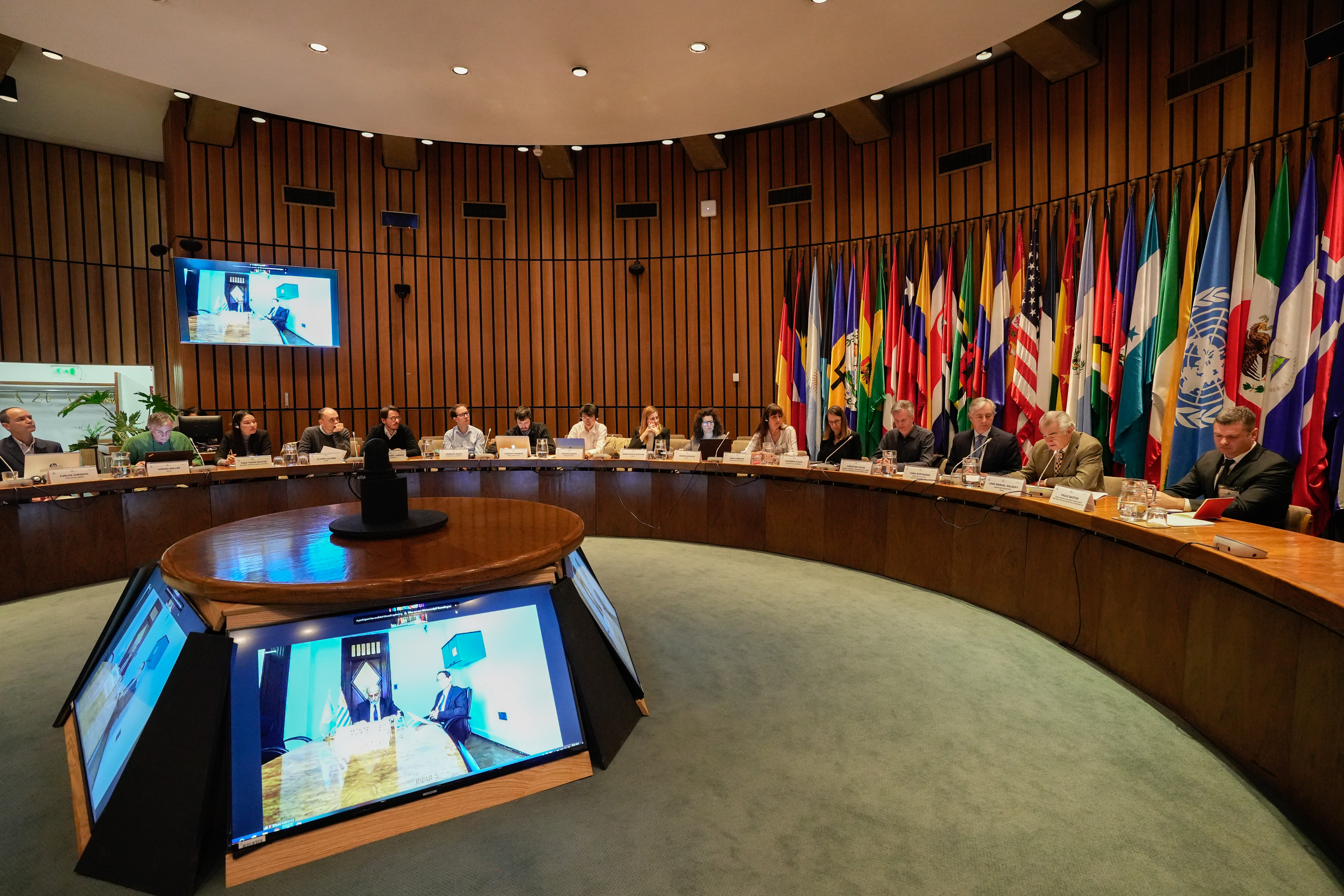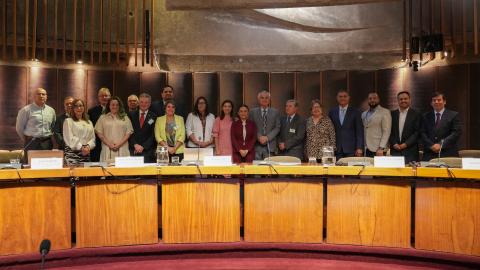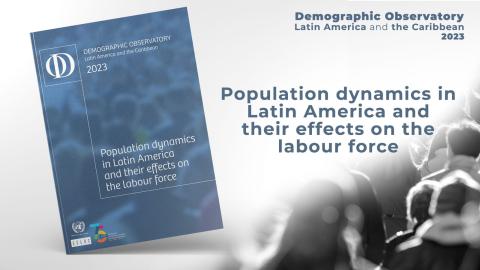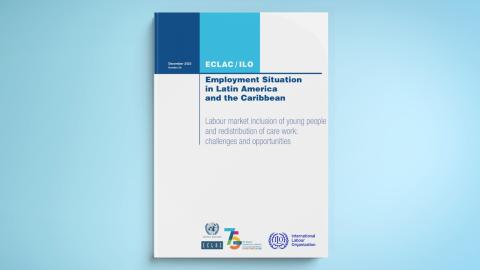Press Release
“It’s not possible to create a better future for work without creating a better future for production. These are two sides of the same coin,” José Manuel Salazar-Xirinachs, Executive Secretary of the Economic Commission for Latin America and the Caribbean (ECLAC), sustained this Thursday, June 1, 2023 at the inauguration of the ECLAC-ifo-PILLARS Workshop: Labor Market Effects of Automation and Technology Adoption in the Global Economy, which is being held in Santiago, Chile using a hybrid format (in-person and virtual).
“In order to create decent jobs, it is indispensable that we focus on a productive transition to greater levels of investment and productivity, which means that investment in education and vocational training is also crucial. We must work both on the demand side of quality jobs as well as on the supply side,” the United Nations regional organization’s highest authority explained.
The two-day event, in which globally renowned specialists are participating, is organized by ECLAC and the ifo Institute, with financing from the European Union’s Horizon 2020 research and innovation program.
In his remarks, José Manuel Salazar-Xirinachs flagged the endemic problem of low economic growth and low productivity that characterizes the region of Latin America and the Caribbean.
“Exceptional measures and agreements are needed, and things must be done differently. This is not about a circumstantial, short-term issue,” said ECLAC’s Executive Secretary, who stressed that with mediocre growth rates, countries will not be able to create quality jobs or reduce poverty and labor informality, nor will they be able to finance the social expenditures needed to achieve the 2030 Agenda for Sustainable Development and the aspirations for inclusive and sustainable growth.
“At ECLAC, we have warned that low productivity in the region is an endemic illness that must be addressed as a priority, based on the implementation of ambitious and smart productive development policies,” he stated.
According to ECLAC’s estimates for 12 countries, informality affected 50.4% of workers in the region as of 2020, and it is forecast that in subsequent years, this figure could increase significantly due to the impacts of the COVID-19 pandemic. “This situation exposes workers to severe vulnerability with regard to their income, working conditions, access to labor rights and social protection,” he said.
Furthermore, José Manuel Salazar-Xirinachs indicated that we are facing a complex scenario regarding the effects of automation, digitalization and new technologies on the labor market. “There are as many risks as opportunities, and it is important to identify and anticipate both,” he stressed.
“The impact of digital technologies and automation on the region’s labor markets will be better to the extent that countries put clear policies for productive development and human talent development into effect, in order to transform the growth model and develop more sophisticated productive activities that would enable the creation of quality jobs,” he explained.
After his opening remarks, a high-level panel took place featuring Pablo Mieres, Minister of Labor and Social Security of Uruguay; Fabio Bertranou, Director of the Office of the International Labour Organization (ILO) for the Southern Cone of Latin America; and Paulo Bastos, Senior Economist with the Development Research Group of the World Bank.
Minister Pablo Mieres recognized that changes in the world of work produce deep social impacts, and if effective action is not taken, they greatly magnify social inequality. “The best response to the future of work,” he said, “is to have a cutting-edge education, with eyes and ears attuned to labor market trends. For new generations to successfully be incorporated into the adult world, they must receive a formal education in sync with the current world and with the trends of the society to come. That is the most complex challenge because, in general, formal education in any society works very slowly and changes only very occasionally.”
Fabio Bertranou of the ILO agreed that “the discussion about the future of work has to go hand in hand with the discussion about the future of production,” especially in a region such as Latin America that “has productive challenges, which are huge in terms of productivity.” The official referred specifically to the importance of governance in the world of work to understand these dynamics of technology adoption and automation in the production arena. “The type of governance of work is not neutral,” he said, emphasizing that institutions must actively accompany productive policies.
Finally, Paulo Bastos of the World Bank addressed some of the main trends that are being observed in developed and developing countries with regard to the labor market impact of technology adoption, both in manufacturing as well as the services sector, along with questions that are arising over the possible expansion of the use of artificial intelligence and robotics in the coming years.
Benefits have been identified in terms of productivity, but challenges have also been noted, for example, in terms of income distribution, he said. From his perspective, to obtain production benefits, it is important that the labor market be allowed sufficient flexibility with regard to technology adoption, but policies must also be implemented to ensure workers’ security in order to minimize the effects on them and their families.
Among those participating in the workshop are specialists from the Inter-American Development Bank (IDB), the Central Bank of Chile, the ifo Institute, Boston University, Aarhus University, the Institute of Applied Economic Research (Brazil), UNU-MERIT and Maastricht University, the Catholic University of Chile and the Adolfo Ibáñez University of Chile.



